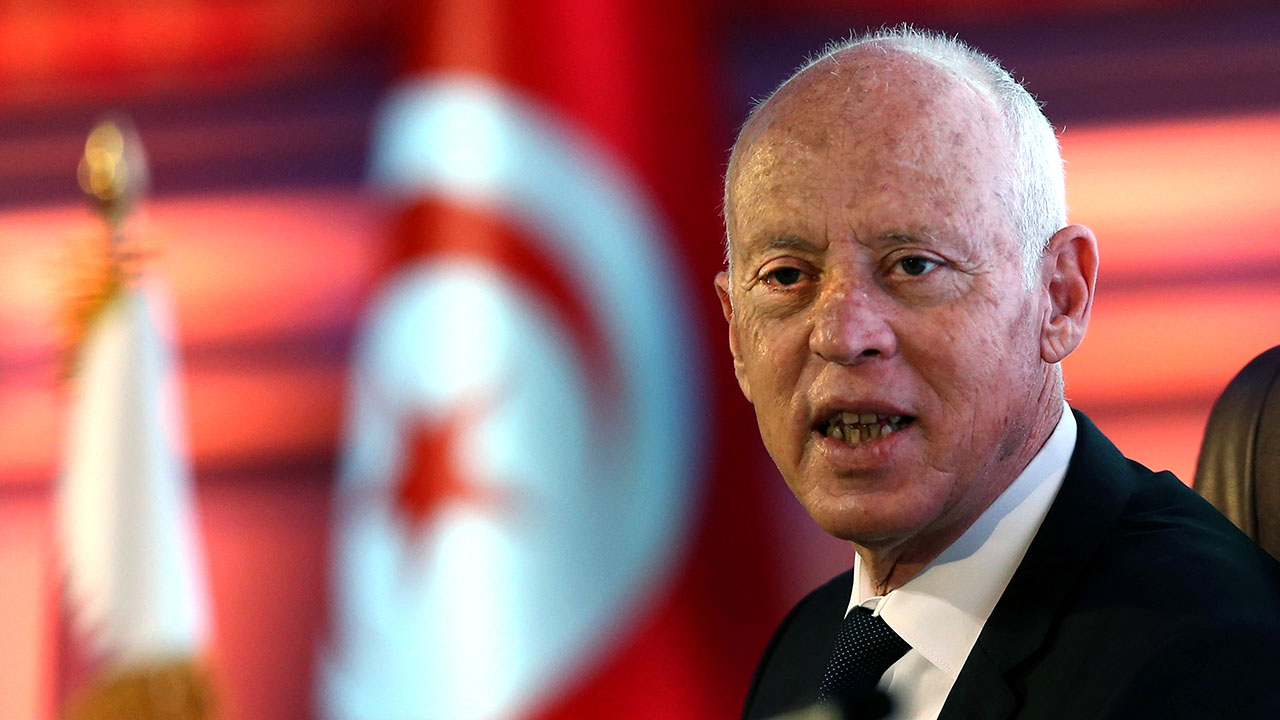Tunisia will introduce a raft of “urgent measures” to crack down on illegal immigrants entering the country from Sub-Saharan Africa, President Kais Saied announced on Tuesday.
After chairing a meeting of the country’s national security council, a press release from the president’s office revealed new measures would be introduced to restrict the number of new arrivals from the south of the continent, claiming newcomers were a source of “violence and crime.”
The statement expressed Saied’s devotion “to the urgent measures that must be taken to deal with the arrival in Tunisia of a large number of illegal migrants from sub-Saharan Africa.”
The Tunisian president, a former constitutional lawyer who took office in October 2019, didn’t hold back in his condemnation of new arrivals who he referred to as “hordes of illegal migrants” carrying out “violence, crimes, and unacceptable acts” across the country.
He claimed immigration waves from sub-Sahara were an attempt by a “criminal enterprise hatched at the dawn of this century to change the demographic composition of Tunisia.
“The undeclared goal of the successive waves of illegal immigration is to consider Tunisia a purely African country that has no affiliation to the Arab and Islamic nations,” he added.
The Tunisian president urged authorities “at all levels, diplomatic, security, and military” to help tackle the immigration wave and to strictly apply immigration laws against foreign nationals found in Tunisia.
“Those who are behind this phenomenon are trafficking in human beings while claiming to defend human rights,” Saied added.
As Africa’s northernmost country, Tunisia has long been considered an intermediary for economic migrants from the continent attempting to cross the Mediterranean to reach Europe, and its port capital of Tunis has frequently been a departure location for migrant vessels destined for Italian islands like Lampedusa and Italy’s southern shoreline.
The remarks of the Tunisian president have sparked heavy criticism from human rights groups who believe such rhetoric will negatively impact the minority of Black Tunisians who comprise between 10-15 percent of the country’s population.
“It is a racist approach just like the campaigns in Europe,” Romdhane Ben Amor, spokesperson for the Tunisian Forum for Economic and Social Rights, was quoted as saying by Reuters.
“The presidential campaign aims to create an imaginary enemy for Tunisians to distract them from their basic problems,” he added.
A few days prior to Saied’s most recent remarks, a group of 20 Tunisian NGOs slammed the rise of “hate speech” and racism aimed at migrants in the country, accusing the presidential office of “turning a deaf ear to the rise of hateful and racist discourse on social networks and in certain media.”






